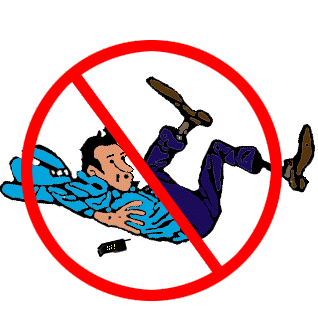Now that the newness has worn off of the idea of floor polishing we can all take a step back and really evaluate all the hype with better perspective.
Ten years ago when polishing became “All the Rage” in floor finishes for large scale projects we were all led to believe that concrete polishing was a no maintenance option. Architects were calling it out for every possible job because of its longevity and durability; but has the theory held up to the test of time?
The answer is yes and no. Don’t you love a rock solid answer?
Yes, floor polishing is a good option for longevity and durability but no, it is not maintenance free and it is not the ONLY good option.
Do you ever go into the grocery store late at night and see their maintenance people behind those giant machines up and down every isle? Well, that’s maintenance, the exact same maintenance you do for tile floors. So, what happens if you skip that pesky chore? At first, nothing, but over time the floor will turn dull and the polishing compound will wear away requiring a maintenance application. One way or the other, a polished floor will command attention eventually.
I often hear people describe polishing to me as if the series of passes with the grinder and then the series of passes with the polishing pads are expected to be the process by which a floor is polished but what they fail to acknowledge is the polishing product that is applied and polished into the concrete that gives it that beautiful shine.
The keyword here is “PRODUCT”. The shine does not come from the act of polishing, it comes from the PRODUCT. Compare it to the act of refinishing wood. What happens when you seal the wood with polyurethane? It is sealed and it shines…the wood is not shining, the polyurethane is shining. Now, what if you skip the polyurethane and you wax it instead? Same result, the wood is protected and it has a nice shine to it. Will the wood still shine if you simply rub it really good with a soft cloth? No and concrete is no different. You can smooth and polish all you want but without that magical step of adding a polishing compound you will never achieve that reflective shine we all love and associate with cleanliness.
Business owners often choose polishing because they have been led to believe it will deliver the most bang for their buck. This is true SOME of the time but not ALL the time. Concrete floors can vary from one to the other. Some floors are softer or more porous while others are more dense and still others will have pockets, spalls, cracks and other unfortunate defects. Polishing a floor with a lot of defects can be counter productive to the end result as defects will often stand out even more once polished.
Depending on what you plan to use the floor for whether for food handling or for heavy equipment it is always a good idea to do your homework and consider the recommendations of the professionals after they inspect your floor and offer suggestions about the best options for your particular needs.



